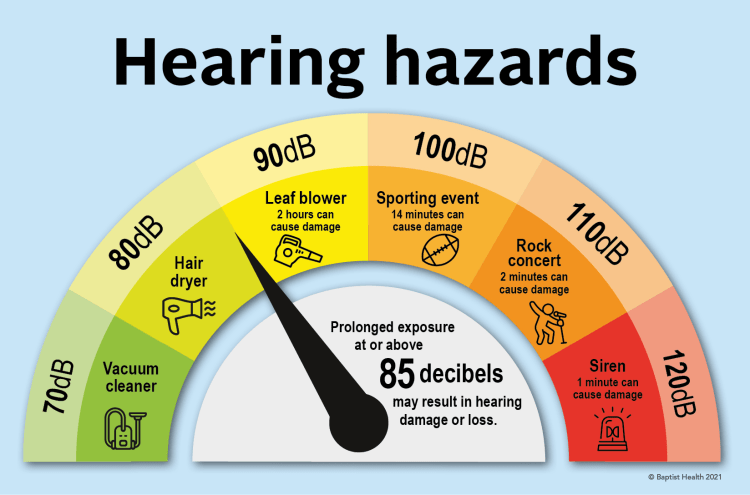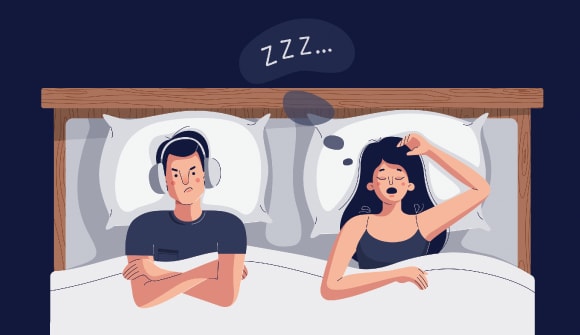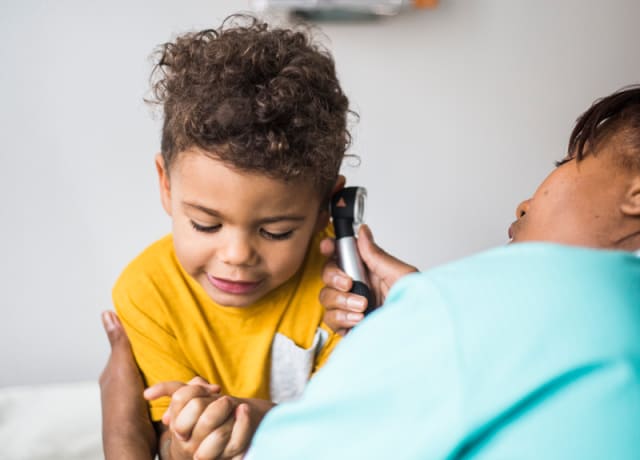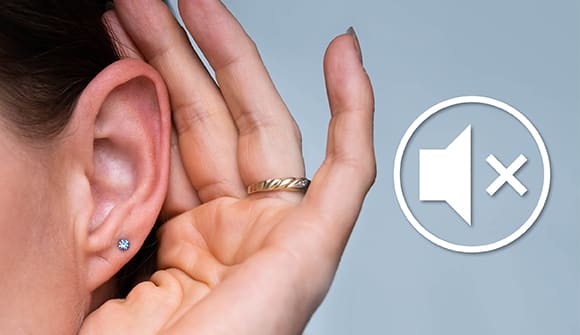Do you hear that?
The reason for the ringing in your ears.
Article Date:

Have you ever walked into a room you knew was silent, but still heard a ringing noise? Perhaps you looked around to see what it could be, but discover you’re the only one who seemed to notice. This may be a condition called tinnitus, which is the perception of a sound – typically ringing, buzzing or roaring – that isn’t really there.
In your head
Jeffrey Lezynski, AuD, an audiologist at Baptist ENT Specialists, explained, “Although tinnitus is perceived in the ears, it’s actually produced in the brain. When there is damage to the sensory cells inside your ears, the brain tries to adapt by causing the illusion of sound. It’s similar to how you may feel pain after a wound is healed or a bone is repaired.”
The CDC estimates about 50 million Americans experience some form of tinnitus. Of that group, 20 million consider it to be bothersome while 2 million describe it as extreme or debilitating.
Common causes
Tinnitus is not a disease, but a sign that something is wrong in the auditory system, which includes the ear.
“It could be something as simple as a piece of earwax blocking the ear canal,” said Dr. Lezynski.
However, it could also be the result of a number of health conditions, such as:
- Noise-induced hearing loss
- Ear or sinus infection
- Heart or blood vessel disease
- Brain tumor
- Thyroid abnormalities
Loud and clear
To avoid experiencing tinnitus, Dr. Lezynski suggested wearing hearing protection when exposed to loud noises, like construction equipment, loud music or a lawnmower.
Here are some common noises that can damage your hearing.

Treating tinnitus
At this time, there is no cure for the condition. As a result, treatment to make tinnitus more manageable usually involves a combination of three things:
- Hearing aids if hearing loss is present
- Counseling to help with depression or stress
- Sound generators such as a white noise machine
“It’s important to avoid silence,” Dr. Lezynski explained. “When it's quiet, the tinnitus is much easier to perceive. On the contrary, if there is some sound, it reduces how loud the ringing or buzzing seems.”
As a simple solution, he suggested leaving your television on or putting on some soft background music.
If you’re experiencing tinnitus, call 904.202.4YOU (4968) or fill out the appointment request form for help finding an ear, nose and throat specialist near you.



